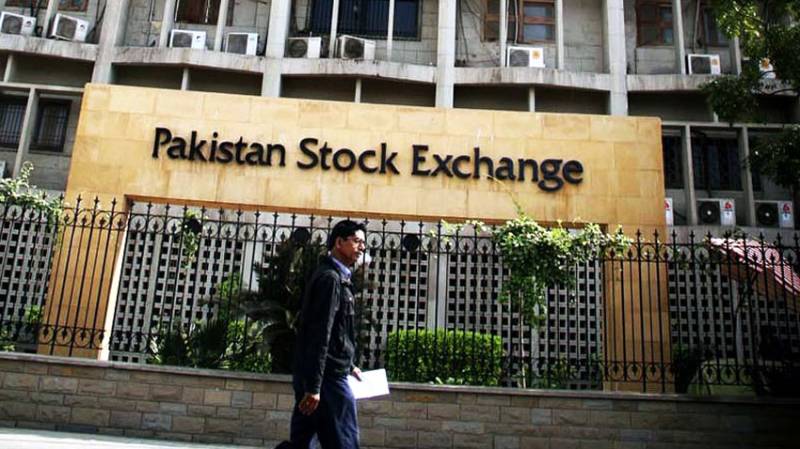Sharp Decline at the Start of Trading Week
Karachi, Pakistan – The Pakistan Stock Exchange (PSX) opened this week on a sharply negative note, with the 100-Index falling by 4,654 points to close at 158,443 points. The decline reflects continued market pessimism following a series of losses last week.
Over the previous trading week, the PSX experienced sustained downward pressure. During four sessions, the 100-Index lost over 4,500 points, while the market capitalization shrank by PKR 60 billion.
Market Activity and Trading Volume
At the start of today’s session, the 100-Index dropped by 2,972 points, eventually widening to a maximum loss of 5,028 points during trading. This sharp decline has significantly impacted investors, particularly small and retail investors who had hoped for market stabilization.
A total of 1.36 billion shares were traded today, with a combined value of approximately PKR 62 billion, reflecting high selling activity and investor caution.
Factors Driving the Decline
Financial analysts point to several factors behind the continued slump:
-
Political uncertainty, which has reduced investor confidence.
-
High inflation impacting corporate earnings and consumer spending.
-
Depreciation of the Pakistani rupee, affecting both domestic and foreign investment sentiment.
-
Slow pace of economic reforms, which has hampered growth expectations.
Investors are increasingly cautious, with many refraining from fresh investments amid the ongoing volatility.
Impact on Investors and Market Outlook
The prolonged downturn has hit small investors hardest, eroding confidence in the stock market. Analysts warn that if this trend continues, it could further weaken the investment climate and slow capital inflows.
This persistent negative trend highlights the need for urgent policy measures to restore investor confidence,” said a Karachi-based market analyst. “Without intervention, market volatility is likely to continue.
Conclusion
The current downturn at the PSX underscores broader economic challenges facing Pakistan. Political instability, inflationary pressures, and slow reforms have combined to create uncertainty for investors. Stakeholders are watching closely, as the market’s recovery depends on both domestic policy decisions and global economic conditions.















